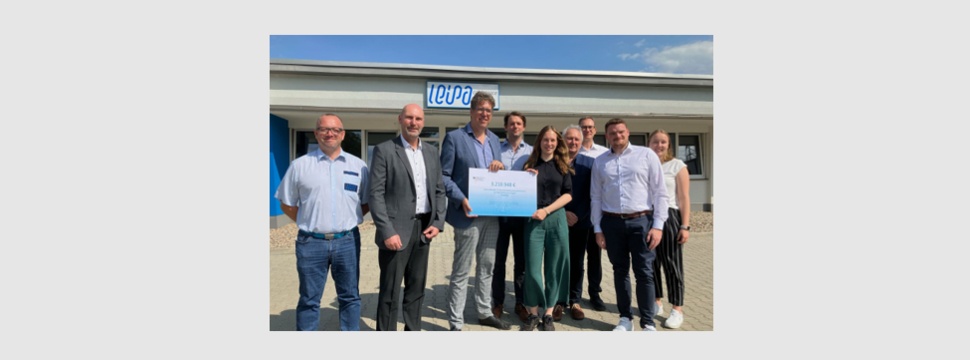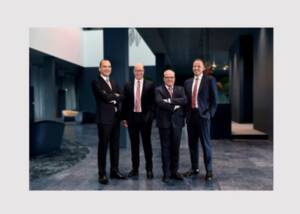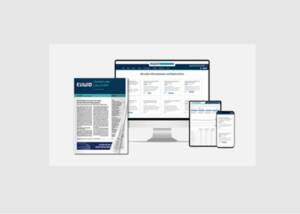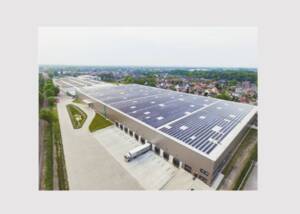AI-based operator assistance system in the paper recycling circuit
News General news
The resource and energy intensity of the process industry in Germany requires decisive leaps in innovation in the coming years, both in terms of ecological footprint and production efficiency. In this context, Germany's paper industry, as part of the process industry, has achieved great successes in sustainability with the continuous increase in the use of recovered paper in recent years. Nevertheless, the production of paper, with recovered paper as the most important raw material, remains a very resource-intensive process.

The focus of the joint project "KIBAPap" funded by the BMWK is the development of an AI-based operator assistance system in the recyclable paper cycle. The LEIPA Group GmbH, Veolia Umweltservice GmbH, the Universities of Siegen and Aachen, Munich University of Applied Sciences, the Fraunhofer Institute and the SMEs PROPAKMA GmbH and Consultingtalents AG are involved in the three-year project. The project will contribute to the digitalisation of the paper recycling cycle, to increasing the efficiency of production processes and to significantly saving resources. The sustainability of the German circular economy in the paper sector will thus be significantly strengthened and will allow comprehensive process and product innovations that promote the crisis stability of Germany.
The largest joint project in the Industrial Bioeconomy research programme of the Federal Ministry of Economics and Climate Protection has received its funding decision. Parliamentary State Secretary Michael Kellner ceremoniously handed over the notification for € 3.2 million to the "KIBAPap" consortium.
State Secretary Michael Kellner emphasised that Germany needs a strong primary industry. Research is needed to further develop the basic materials industry. With KIBAPap, we strengthen research and keep fibres in circulation. This increases our competitiveness and conserves resources. The Uckermark is a bioeconomy region. Many renowned partners are closing regional and supraregional loops.
"Only if we try to tackle the challenges of tomorrow with new approaches that need to be researched can we master them. In the paper industry, even small adjustments can mean enormous economic advantages." (Peter Probst, CEO LEIPA)
The attendees were surprised by an AI-generated presenter during the welcome. AI can be found in more and more areas of our lives. For example, texts, pictures and videos can also be made true to life. Artificial intelligence, as the AI presenter "Marie" introduces, has different applications. "In our KIBAPap project, we want to show how AI can be used to save resources."
Alexander Becher presented the framework of the research project and why the complexity of the paper industry requires so many project partners.
Hanna Schwandt, project engineer at LEIPA, explained the opportunities and challenges of weaving a research project into the day-to-day operations of a paper mill. The practical partners VEOLIA and LEIPA involve committed employees to test the research goals in practice. The joint coordinator Consultingtalents is taking on the challenge of using AI to exploit further potential from high-dimensional process data. Briefly, Felix Hake presented AI-based forecasts on an important quality parameter in paper production.
"Such a comprehensive tool for AI-based process optimisation is currently not available on the market." (Professor Jürgen Belle, Munich University of Applied Sciences)










